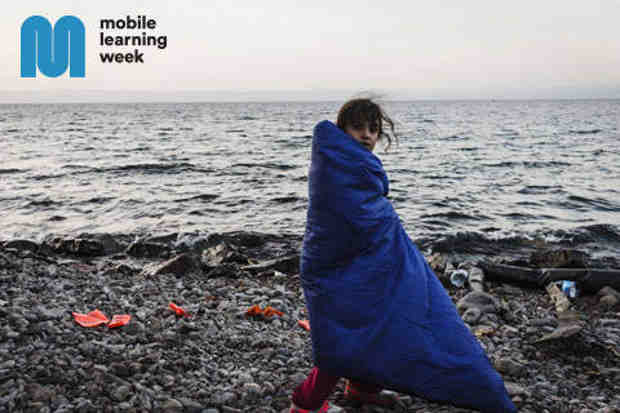Mobile Solutions to Educate Refugees and Displaced Persons

Mobile Learning Week
Several initiatives to improve learning through mobile technologies were presented during the Mobile Learning Week 2017, a recently concluded five-day event held at the Paris headquarters of the United Nations Educational, Scientific and Cultural Organization (UNESCO).
Mobile Learning Week, which wrapped up last Friday, hands-on education specialists, private sector and policy makers, and focused on the theme ‘Education in Emergencies and Crises.’
According to a UN report published Tuesday, smartphone apps and interactive workshops demonstrated how mobile solutions could meet some of the challenges faced by displaced people.
Two tents set up by the Office of the UN High Commissioner for Refugees (UNHCR) at the event facility gave participants an idea of the living and learning conditions faced by refugees, including the lack of Internet connection.
Although lack or unstable Internet connection can be one of the multiple obstacles to refugee learners, mobile learning – which enables, through mobile technology, learning anytime and anywhere – can be an opportunity for them to invest in their own lives and future, the UN report said.
According a report from UNHCR – which co-organized the event together with UNESCO and the International Telecommunication Union (ITU) – only 50 per cent of refugee children have access to primary education, while the global average is of more than 90 per cent.
As these children grow older, there is an even larger gap: only 22 per cent of refugee adolescents attend secondary school compared to a global average of 84 per cent.
At the higher education level, just 1 per cent of refugees attend university, compared to a global average of 34 per cent.
Photo courtesy: UNESCO













